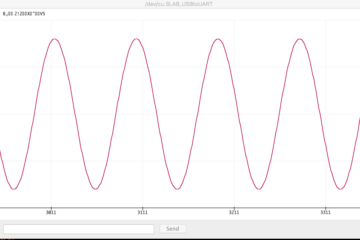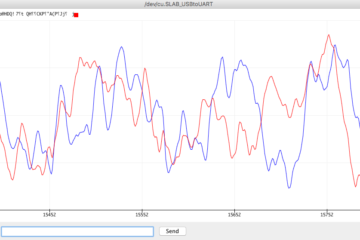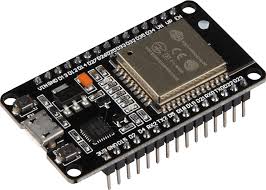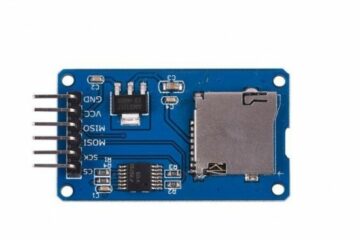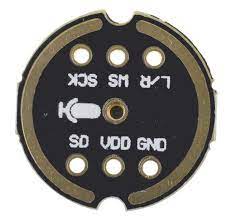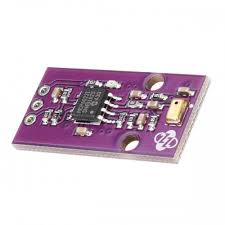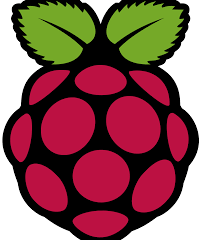Arduino Raspberry Pico – Looking Under the Hood
Today I had a look under the hood of the Standard Arduino implementation for the Raspberry Pico. I was surprised that they did not base their work on the Pico API but they based their work on ARM Mbed. Here is a blink example using the Ticker from the Mbed API: Mbed Ticker #include “mbed.h” using namespace mbed; Ticker ticker; DigitalOut led1(LED1); void blink(){ led1 = !led1; } void setup() { ticker.attach(&blink, 1); } void Read more


